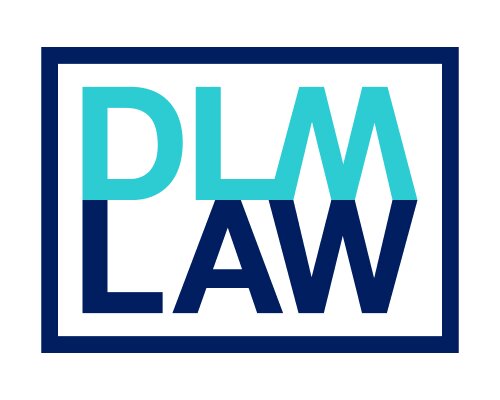Best Trademark Lawyers in Kansas City
Share your needs with us, get contacted by law firms.
Free. Takes 2 min.
List of the best lawyers in Kansas City, United States
About Trademark Law in Kansas City, United States
Trademark law in Kansas City, United States, governs the registration and protection of trademarks, which are distinctive signs that identify and distinguish goods or services in the marketplace. Trademarks can include words, logos, symbols, and slogans. Registering a trademark can provide legal protection against unauthorized use by others.
Why You May Need a Lawyer
You may need a lawyer for trademark-related issues such as trademark registration, trademark infringement, trademark enforcement, and trademark licensing. A lawyer can help you navigate the complex legal requirements, advise you on the strength of your trademark, conduct trademark searches, and represent you in trademark disputes.
Local Laws Overview
In Kansas City, United States, trademark law is governed by federal law, specifically the Lanham Act. The United States Patent and Trademark Office (USPTO) is responsible for registering trademarks at the federal level. Additionally, Kansas City may have local laws or regulations that impact trademarks, so it is important to consult with a local attorney familiar with trademark law.
Frequently Asked Questions
1. What is a trademark?
A trademark is a distinctive sign that identifies and distinguishes goods or services in the marketplace.
2. Why should I register my trademark?
Registering your trademark provides legal protection and exclusive rights to use the mark in connection with your goods or services.
3. How do I register a trademark in Kansas City?
You can register a trademark with the USPTO by filing a trademark application. It is recommended to seek legal assistance to ensure the application meets all requirements.
4. What is trademark infringement?
Trademark infringement occurs when someone uses a trademark that is confusingly similar to another registered trademark, leading to consumer confusion.
5. How do I enforce my trademark rights?
To enforce your trademark rights, you may need to send cease and desist letters, file a lawsuit for trademark infringement, or pursue other legal remedies available under trademark law.
6. Can I trademark a slogan or logo?
Yes, slogans and logos can be registered as trademarks if they are distinctive and used in connection with goods or services.
7. What is the duration of a trademark registration?
A trademark registration can last indefinitely as long as the mark is in use and the required maintenance filings are made with the USPTO.
8. Can I trademark a name or title?
Names or titles can be trademarked if they are used in connection with goods or services and have acquired distinctiveness through use in the marketplace.
9. What is a trademark search?
A trademark search involves checking existing registered trademarks to determine if your proposed mark is available for registration and does not infringe on existing trademarks.
10. How can a lawyer help with trademark issues?
A lawyer can assist with trademark registration, enforcement, defense against infringement claims, licensing agreements, and other legal matters related to trademarks.
Additional Resources
For more information on trademark law in Kansas City, United States, you can visit the United States Patent and Trademark Office (USPTO) website or consult with the Kansas City Bar Association for referrals to local trademark attorneys.
Next Steps
If you require legal assistance with trademark matters in Kansas City, United States, it is advisable to consult with a qualified trademark attorney who can provide personalized guidance and representation to protect your trademark rights.
Lawzana helps you find the best lawyers and law firms in Kansas City through a curated and pre-screened list of qualified legal professionals. Our platform offers rankings and detailed profiles of attorneys and law firms, allowing you to compare based on practice areas, including Trademark, experience, and client feedback.
Each profile includes a description of the firm's areas of practice, client reviews, team members and partners, year of establishment, spoken languages, office locations, contact information, social media presence, and any published articles or resources. Most firms on our platform speak English and are experienced in both local and international legal matters.
Get a quote from top-rated law firms in Kansas City, United States — quickly, securely, and without unnecessary hassle.
Disclaimer:
The information provided on this page is for general informational purposes only and does not constitute legal advice. While we strive to ensure the accuracy and relevance of the content, legal information may change over time, and interpretations of the law can vary. You should always consult with a qualified legal professional for advice specific to your situation.
We disclaim all liability for actions taken or not taken based on the content of this page. If you believe any information is incorrect or outdated, please contact us, and we will review and update it where appropriate.








